Parliament speaker warns Lebanon could soon be on brink of famine
Lebanese Parliament Speaker Nabih Berri has sounded the alarm about the humanitarian cost of the ongoing crisis in the cash-strapped Arab country, warning that Lebanon could soon be on the brink of famine and completely relying on aid for survival if the current political paralysis persists.
“We are heading towards a very dangerous phase, which we may not be able to avoid later on. We need to form a quick government to deal with the economic and financial complications to save the country,” Berri told the Lebanese Arabic-language daily newspaper al-Akhbar on Monday.
The senior lawmaker pointed out that the circumstances and factors surrounding the process of government formation have run into a deadlock, emphasizing that there is nothing more important than the financial and economic fate of the country.
Berri then warned about an imminent famine in Lebanon in the wake of serious deterioration of living conditions and a possible economic collapse.
Lebanon once more delays PM designation amid escalating deepens
Also on Monday, President Michel Aoun postponed parliamentary consultations to select a new prime minister for a second time.
“President Aoun responded to the wishes of [caretaker] Prime Minister Sa’ad al-Hariri to postpone parliamentary consultations until Thursday December 19 for additional discussion on government formation,” a statement from the presidential office read.
It is not the first time the talks have been delayed. Parliamentary consultations had been scheduled for December 9 before being pushed back a week.
Hariri was widely expected to be named premier during the binding parliamentary consultations at Baabda Palace on Monday.
He has insisted on forming an exclusively technocratic cabinet, while the Free Patriotic Movement, Hezbollah resistance movement and Amal Movement have been pushing for a political-technocratic government.
Hezbollah Secretary General Sayyed Hassan Nasrallah said on Friday he would support a “government of national partnership,” and one with “the widest possible representation” that did not exclude any of the major parties.
He said it could be headed by Hariri or someone designated by the outgoing premier.
Lebanon has been facing a very tough economic situation because of the failing policies of successive governments, which have led to the impoverishment of the people.
Growth in Lebanon has plummeted in the wake of endless political deadlocks and an economic crisis in recent years.
The country hosts 1.5 million Syrian refugees, and their presence is often blamed for putting pressure on the already struggling economy.
Unemployment stands at more than 20 percent, according to official figures.
The Lebanese Finance Ministry says the national debt is hovering around $85 billion, which accounts for more than 150 percent of Gross Domestic Product (GDP).
Successive governments have also failed to address a waste management crisis or improve the electricity grid, which is plagued by daily power cuts.
On October 29, Hariri submitted his resignation to President Aoun.
Under the constitution, Hariri’s cabinet would stay on in a caretaker capacity until a new government is formed.
The protests began on October 17, when the government proposed imposing a tax on Whatsapp calls, along with other austerity measures.
Protesters in Lebanon have stopped blocking roads and setting up barricades, and instead shifted to holding sit-ins at state-affiliated sites.
They say they will maintain pressure on the political establishment until their demands for the departure of the ruling elite and an end to chronic economic mismanagement and corruption are met.
Hamas thanks Iran, Resistance Front following achievement of ceasefire in Gaza
'Capitulation': Israeli officials and media concede Gaza defeat as truce unfolds
'Gaza has won': Social media users react to ceasefire with mix of relief, joy
Iran seeks South Korea’s assistance for AI, fiber-optic projects
VIDEO | Iran's 'Eqtedar' (Power) maneuver
Israel hits HTS military target in Syria for 1st time since fall of Assad
VIDEO | Press TV's news headlines
Israel has slaughtered 13,000 students in Gaza, West Bank


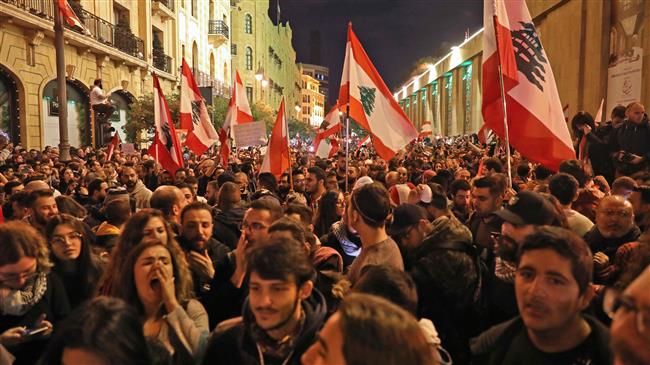




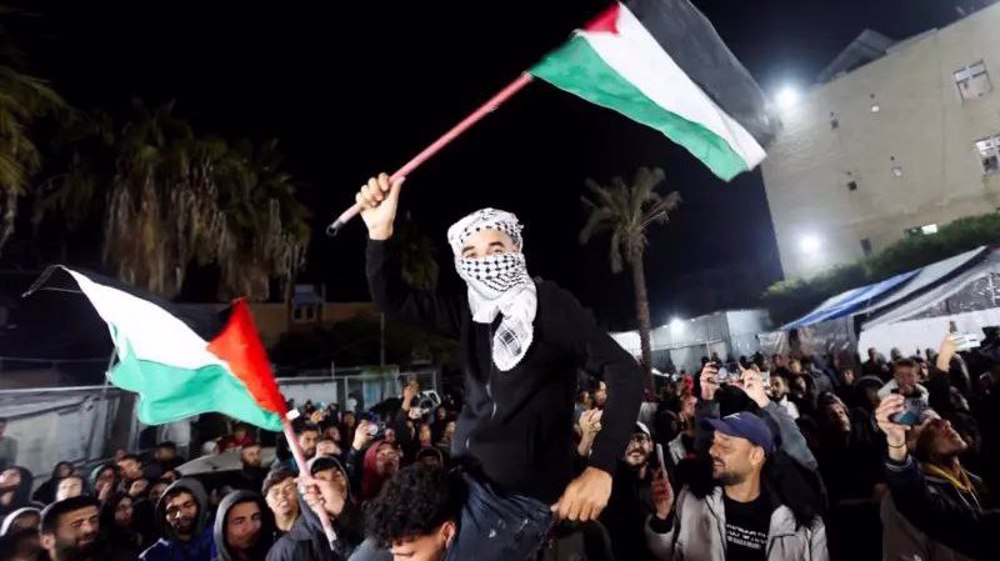
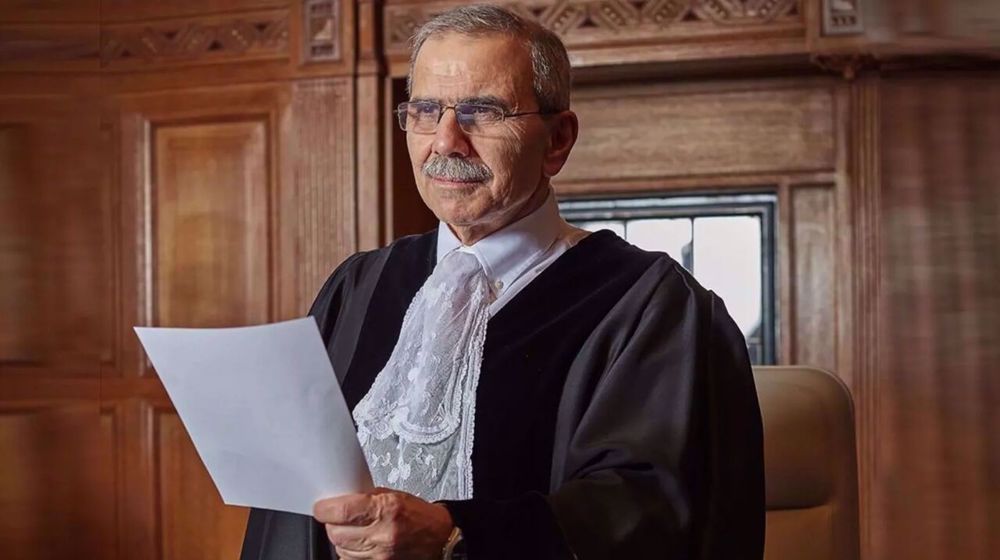
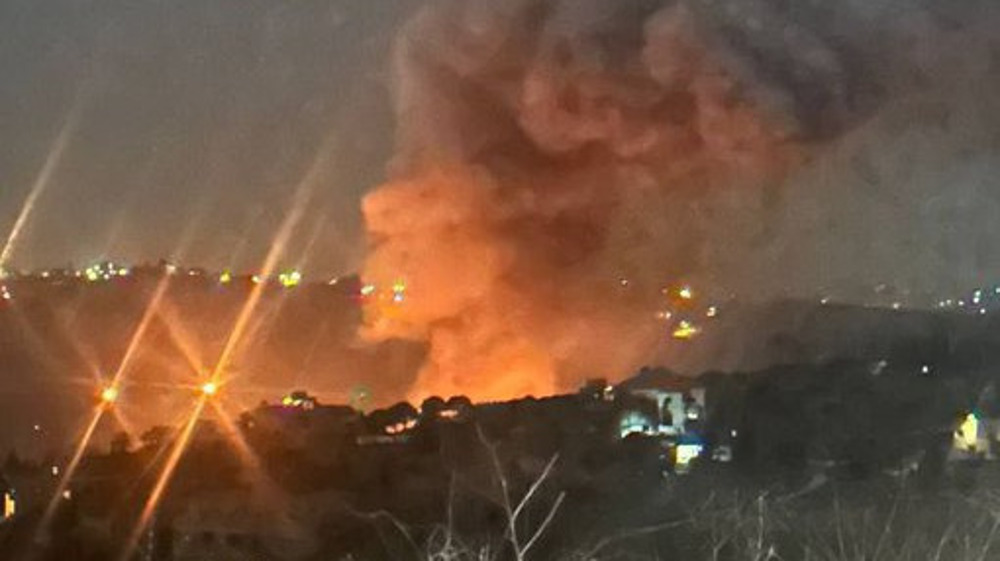



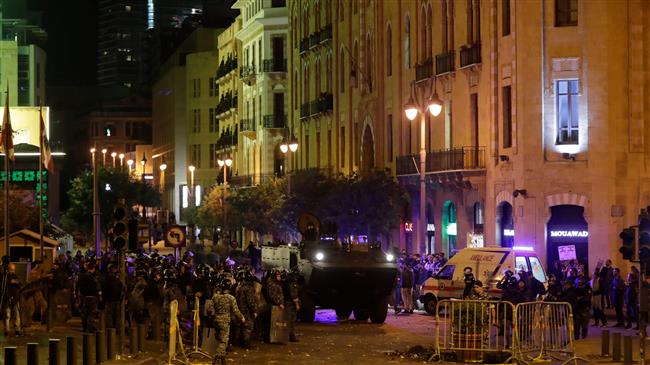
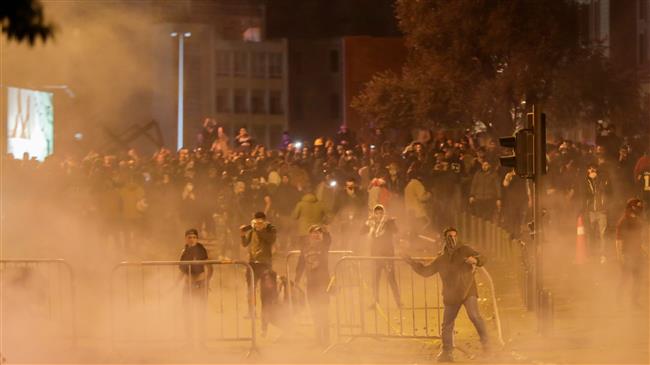
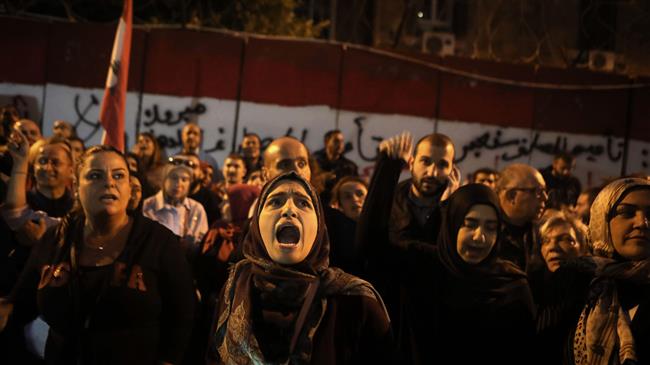






 This makes it easy to access the Press TV website
This makes it easy to access the Press TV website